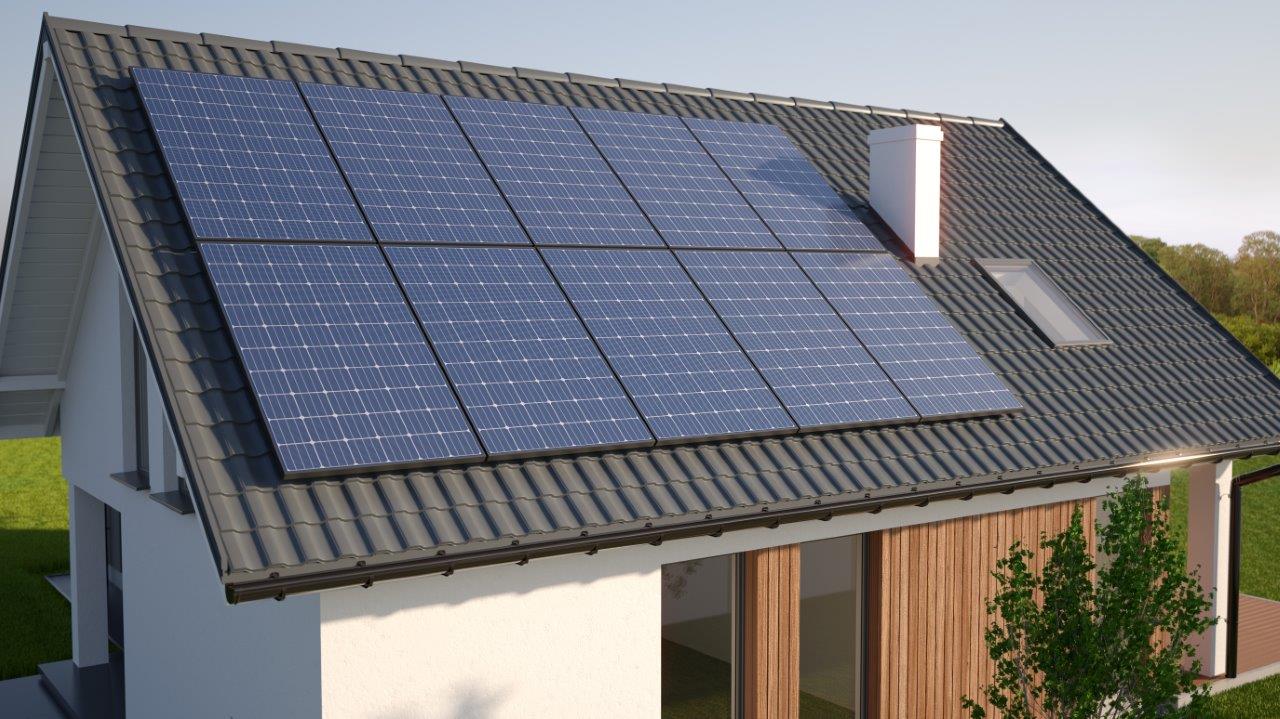Optimize Energy Savings With High-Quality Solar Panels
Making the most of power financial savings with the use of top notch solar panels is a multifaceted method that requires mindful factor to consider of innovation, installation, and maintenance. Choosing high-efficiency options, such as monocrystalline panels, can dramatically enhance electrical energy generation, while durability and guarantee terms play a crucial function in lasting economic feasibility.
Benefits of Solar Energy
The advantages of solar power are numerous and considerable, making it a progressively eye-catching alternative for both household and business applications. Among the key advantages is its prospective to decrease electricity costs. By harnessing sunshine, homeowner can generate their own power, reducing dependence on conventional utility sources and eventually resulting in considerable financial savings.
Another crucial advantage is ecological sustainability. Solar power is a tidy, renewable energy that aids to alleviate greenhouse gas emissions, contributing to a decrease in air contamination and environment modification. This aligns with worldwide efforts to change towards more sustainable energy options.
Furthermore, solar power systems can raise building worth. Residences and companies geared up with photovoltaic panels often have higher resale worths, appealing to environmentally-conscious customers and financiers. In addition, government rewards, such as tax obligation credit scores and rebates, can counter installation expenses, making solar power a lot more financially feasible.
Last but not least, solar technology advertises power self-reliance. By purchasing solar power, people and organizations can decrease their vulnerability to changing power prices and supply disturbances, fostering greater control over their energy resources. Jointly, these benefits emphasize the engaging factors to consider solar energy solutions.
Selecting the Right Solar Panels
Choosing the appropriate solar panels is a vital step in making best use of the performance and advantages of a solar power system. When reviewing solar panels, several elements need to be considered to make sure ideal performance and long-lasting cost savings.
First, assess the panel's performance ranking, which shows exactly how successfully it converts sunlight into electrical energy. Greater effectiveness panels might have a higher upfront cost but can create even more energy in minimal area. Next off, analyze the service warranty used by the manufacturer; a much longer warranty typically reflects a greater degree of self-confidence in the product's durability and efficiency.
In addition, consider the type of photovoltaic panel innovation. Monocrystalline panels are known for their high efficiency and space-saving design, while polycrystalline panels tend to be much more affordable however somewhat less reliable. Bifacial panels, which catch sunshine from both sides, are likewise getting popularity for their prospective to improve energy output.
Last but not least, conduct a detailed evaluation of independent efficiency rankings and customer testimonials to determine dependability and fulfillment. By meticulously taking into consideration these aspects, house owners can make educated choices that line up with their energy needs and economic goals, ultimately improving the return on financial investment for their solar power systems.
Comprehending Setup Expenses
Understanding the expenses associated with installing solar panels is crucial for homeowners aiming to buy renewable resource. The total see this here setup cost can vary substantially based upon a number of elements, consisting of system dimension, panel type, installment intricacy, and geographical place.
Commonly, the price is calculated on a per-watt basis, with ordinary rates ranging from $2.50 to $3.50 per watt before any type of motivations. A basic household system may cost in between $15,000 and $25,000, relying on energy requirements and the picked components.
Along with the panels themselves, homeowners need to consider costs associated to inverters, mounting equipment, and electric upgrades. Labor expenses additionally play a vital function, as professional installation ensures conformity with security standards and neighborhood guidelines.

Inevitably, recognizing these setup expenses and possible financial advantages is necessary for home owners to make enlightened decisions about transitioning to solar power.

Maintenance for Long-Term Financial Savings
Maintaining photovoltaic panels is important for making best use of long-lasting power savings and making certain the system runs at peak efficiency. Normal upkeep entails several key techniques that can dramatically improve the long life and efficiency of solar installations.
First, regular evaluations should be conducted to identify any recommended you read physical damages or wear, such as splits or loose connections. Cleaning up the panels is also crucial, as dust, dirt, and debris can obstruct sunshine, reducing energy output (Solar Panels). It is a good idea to cleanse the panels a minimum of twice a year, or more often in more information areas with high levels of dust or contamination
Additionally, keeping track of the system's efficiency through a surveillance software can supply real-time data on power manufacturing and sharp home owners to any type of abnormalities. This proactive approach enables timely fixings, reducing downtime and maintaining optimal power generation.
Ecological Effect of Solar Energy
The environmental impact of solar power prolongs much past its instant benefits of lowering electrical energy expenses and dependence on fossil gas. By taking advantage of sunlight, solar power dramatically lowers greenhouse gas exhausts, therefore minimizing environment modification. Unlike traditional energy resources such as coal or natural gas, solar energy generation does not produce air contaminants, adding to enhanced air high quality and public health.
Additionally, solar power advertises biodiversity by decreasing the need for nonrenewable fuel source removal, which typically interrupts ecosystems and habitats. By transitioning to renewable resource resources, we can maintain all-natural landscapes and safeguard endangered species from environment loss.
The life cycle of solar panels likewise offers a reduced ecological impact contrasted to traditional energy resources - Solar Panels. While producing photovoltaic panels includes some source usage and exhausts, improvements in technology and recycling processes are constantly decreasing these influences. Furthermore, the long-term advantages of solar power-- such as minimized reliance on limited resources-- far surpass these initial expenses
Final Thought
In summary, the fostering of high-quality solar panels presents significant chances for energy cost savings and ecological benefits. The critical placement of solar panel options with energy demands and government incentives improves return on investment, advertising sustainability and decreasing dependence on standard energy resources.